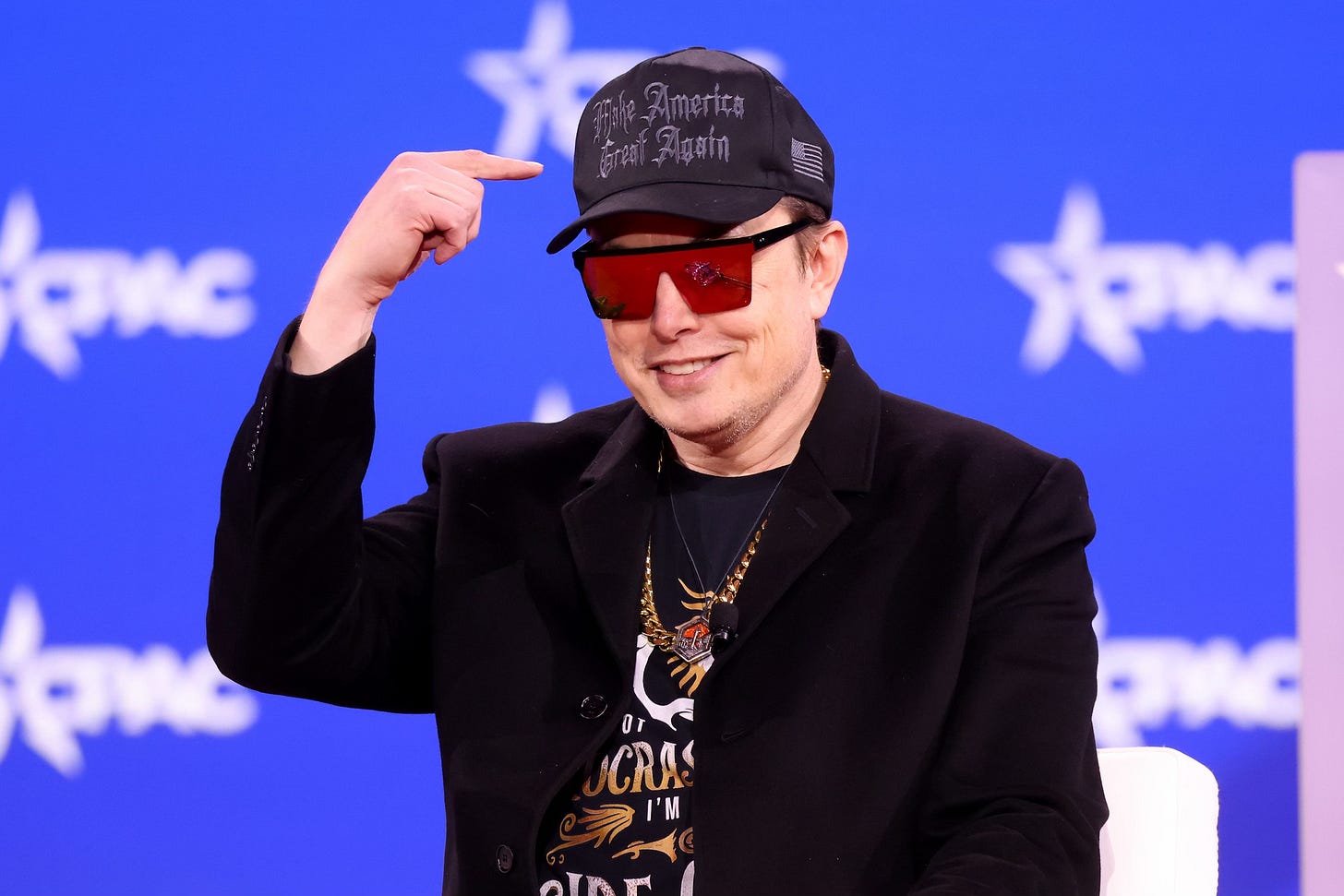Good Billionaires Gone Bad . . . Gone Good Again?
Some Democrats see an opportunity to get Elon Musk back on their team. It’s a terrible idea — but par for the course for an increasingly unprincipled party.
The happiest, or at least most entertaining, news in US politics last week had to be the blowup of relations between Elon Musk and Donald Trump. After trading insults on social media — including Musk accusing the president of being “in the Epstein files” and Trump threatening to cancel all government contracts with Musk’s companies — a rapprochement between the president and his erstwhile advisor seems very unlikely.
Earlier this week, I wrote at Jacobin about the pathetic yet unsurprising calls coming from some Democrats, in the wake of the breakup, to try to bring Musk back into their corner. Despite his devolution into a raving reactionary and the ultimate Trump donor, Musk in a sense does belong in the Democratic Party. He became the world’s richest man thanks in no small part to the billions in federal subsidies Tesla and SpaceX received under Democratic presidents. Yet Dems’ former alignment with Musk — and the prospect they might team up once again — is a great encapsulation of what’s wrong with our would-be opposition party. As I put in my piece:
The fundamental problem with Musk is not that he went from being a “good billionaire” to being a “bad billionaire.” The problem is that we have a political system that enables the existence of billionaires and that facilitates their subversion of democracy — a system propped up by both major parties.
That some Democrats are now seriously discussing whether and how they might woo Musk — an erratic, union-hating, austerity-crazed billionaire who promulgates fascist conspiracy theories about “the great replacement” and the genocide of white South Africans — back to their side is a consequence of this warped system.
Because the party takes no bold positions and sees its path to victory as being the anti-Trump and anti-GOP party, there is no person or idea beyond the pale for it to embrace, so long as it hurts Trump. We saw this in Kamala Harris’s campaign, of course, when Dems proudly championed the endorsement of the Cheneys or when they let billionaire Mark Cuban brag about his influence over the campaign to the New York Times.
The more Democrats cozy up to billionaires and pro-corporate warmongers, however, the harder it becomes for them to be anything other than the anti-Trump party. As the tent gets more and more ludicrously big — stretching, potentially, from Bernie Sanders to Elon Musk — the more the ever-widening contradictions between the party’s supporters make offering a positive program well nigh impossible. The growing tensions in their coalition are then a further spur to double down on defining themselves solely as “anti-Trump.”
Breaking this cycle would mean deciding to stand up to the billionaire class — something Dems are for the most part loath to do.



